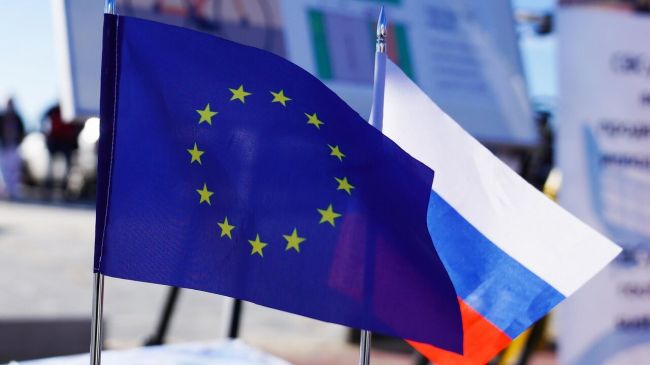
Russian economy has recovered steadily however inflation could undermine Europe’s financial stability - IMF
By Rhod Mackenzie
The Russian economy has recovered well following the extensive sanctions enforced by Western governments; however, the mid-term outlook is less promising, as stated in a report by the International Monetary Fund (IMF).
Due to the favourable financial progress, the IMF has updated its prediction for Russia's GDP growth in 2023 from 0.7% in April to 2.2%, according to the report.
"The improvement in trade terms, primarily associated with high energy prices, led to the initial upturn. Additionally, a considerable rise in military spending last year and at the start of this year significantly contributed to the increase in overall demand. This further sustained consumption and promoted investment," the report explained.
The International Monetary Fund (IMF) has revised its GDP growth projections for 2024, lowering it to 1.1% from the 1.3% forecasted in April, according to the report released. However, the outlook for 2025 remains unchanged at 1%.
The report also stated that the medium-term prospects are not as promising as previously anticipated. The increased fiscal spending may boost growth temporarily rather than sustainably, owing to its composition.
The IMF determined that the Russian economy was close to reaching its full potential due to the record-low level of unemployment, the decline in the ruble’s value, the escalation of inflation, and the significant interest rate increase of 350 basis points implemented by the Bank of Russia in August, according to the report.
The IMF cautioned that inflation and stagnation could jeopardize financial stability and debt sustainability in Europe.
"A stagflation scenario of elevated inflation and stagnant growth is a significant risk that has the potential to cause adverse macro-financial spillovers to both financial stability and debt sustainability," stated the IMF in its latest Regional Economic Outlook (REO) for Europe.
The fund highlighted that the present downside risks to growth are dominant in the region.
The IMF has raised concerns regarding the possibility of further commodity price shocks and sustained core inflation. These potential risks may compel central banks to implement tighter monetary policies leading to lower growth, according to the report.
The report did not eliminate the likelihood that wage settings reflecting past trends and constrained labour markets could amplify inflation in certain countries.
Furthermore, the regional economy is confronting high risks pertaining to financial stability. Higher-than-anticipated interest rate increases and a downturn in the local property market could result in widespread financial instability, as reported by the IMF.
